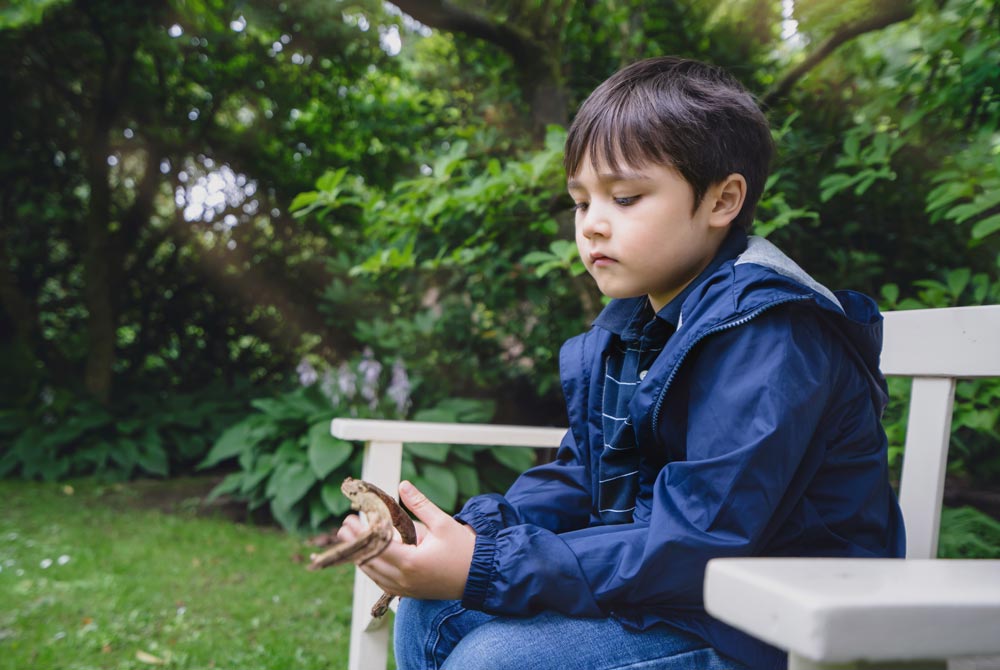In the best of cases, the relationship between husband and wife has been strained prior to a separation or divorce. In the worst of cases, children have been exposed to spousal verbal abuse and physical violence.
Minimizing the Effects of Divorce
If you are separated or divorced, care about the welfare of your children and want to minimize the negative effects of separation or divorce on your kids, there are several things you can do:
- Work with an attorney, counselor or trusted, neutral friend or family member to write up a plan for resolution of conflict.
- Agree that conflict resolution meetings will never take place in front of the children.
- Refuse to speak negatively about the other parent when in the presence of children.
- Assign a liaison to transfer kids back and forth between homes if you can’t be civil to your spouse/former spouse.
- Frequently assure children that they were not the cause of the separation or divorce. Even if a child’s illness or problem behavior caused stress in your relationship and contributed to the separation or divorce, you and your spouse/former spouse are responsible for your choice to separate or divorce.
- Agree to be civil to one another when at future family events such as graduations and weddings.
- This is a good time to remember the importance of Asset #3: Other Adult Relationships: Young person receives support from three or more non-parent adults. Build up supportive relationships between your children, their friend’s parents, coaches, youth pastors, neighbors and extended family members prior to a divorce.
- Furthermore, since adjusting to the loss of a marriage in the family is hard enough for kids, you should absorb other losses instead of making choices that require your kids to lose a home, school, network of friends and beloved pets.
- Make shared custody arrangements following a divorce that allow kids to have unrestricted access to you and your former spouse.
Potential Effects of Divorce
Be aware of the effects of divorce on children as shown by multiple research programs:
- New problems related to learning and attaining educational goals
- Weakened relationships between children and their parents and grandparents
- Decreased ability to manage conflict
- Diminished social skills
- Entry into economic poverty
- Problems with intimate and sexual relationships in the future
- Weakened health and longevity
- Increased risk for behavioral, emotional and psychiatric problems as well as suicide.
Given the potential for development of one or more of these problems, counseling for kids is recommended to help prevent them or to provide support and healing.
